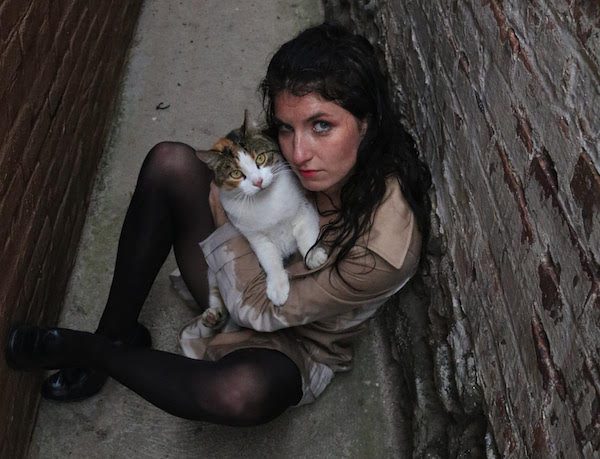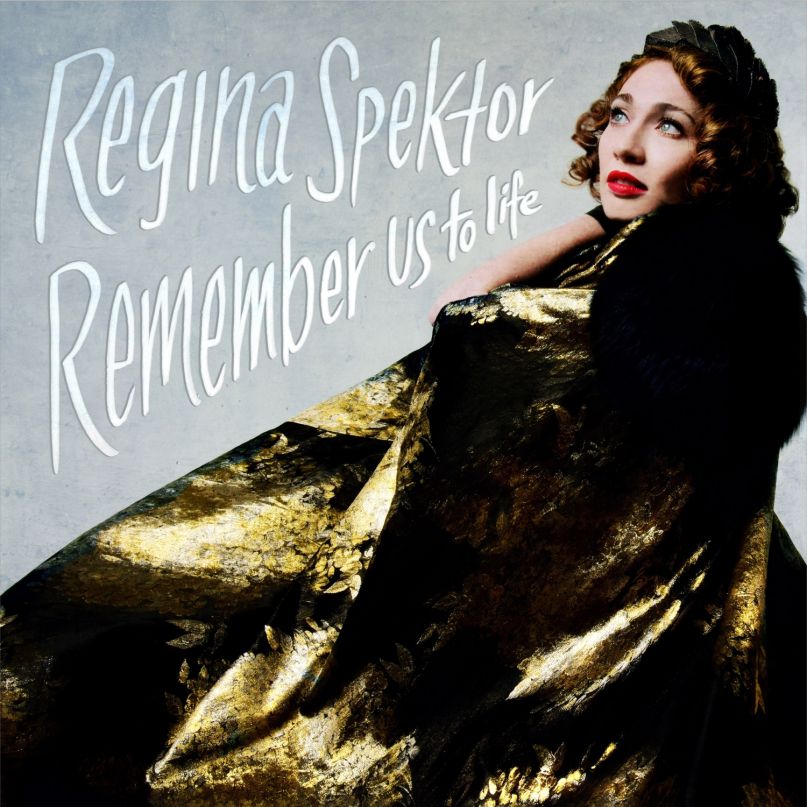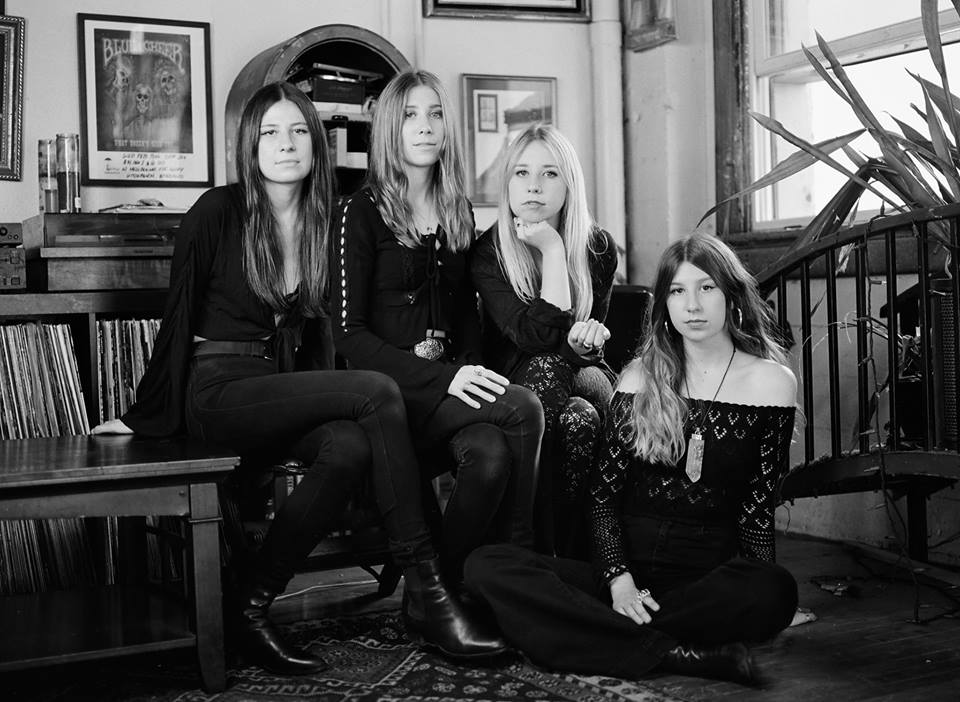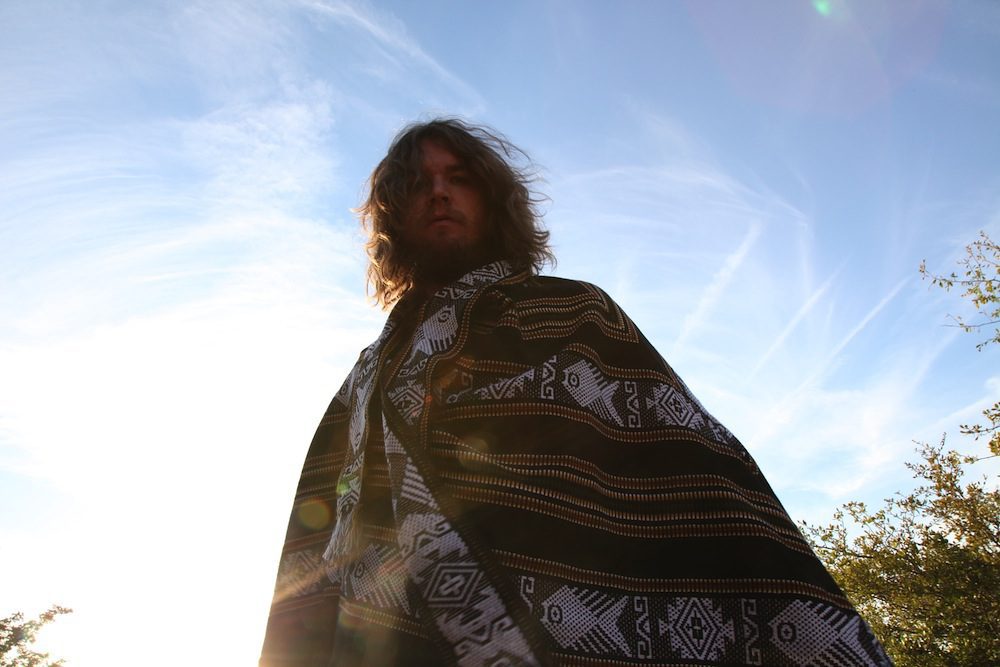INTERVIEW: Mima Good Returns with Light-Hearted New Track “Holly Golightly”

Mima Good is NYC-born and based songwriter Raechel Rosen, whose sound and aesthetic espouses a contemporary pop sensibility with a darker atmosphere of synths, organs and guitars. The result is a moody, soulful sound that somehow calls to mind both Billie Eilish and Billie Holliday simultaneously. We first met her last year with the Good Girl EP, a series of songs that articulated the healing process from a tumultuous relationship with a former bandmate, an auditory storytelling of Rosen’s journey from attachment to abuse to self liberation. But even more than that, Rosen confronted a confusing relationship with her own femininity, in a culture that tells girls to be “good” even when the men around them behave badly.
She continues to explore the conflict of who women are and who society tells them to be on new single “Holly Golightly,” a more upbeat and danceable alternative to Rosen’s previous release. On it she plays with the concept of the “manic pixie dream girl” by sampling Audrey Hepburn as Holly Golightly in Breakfast at Tiffany’s, who is perhaps the original incarnation of this archetype. She reimagines her as a neurotic millennial woman living in New York, on the grind and trying to stay one step ahead of the “mean reds.” The beat then drops into Rosen’s drawn-out vocals and her artful use of synths, manipulated to sound as though someone is plucking an upright base, to create a whimsical, jazz-tinged sound.
We had a chance to talk to her about her newfound inspiration and how it feels to create music after you’ve been able to process and let go of the heavy stuff:
How does the new single build on the Good Girl EP?
I worked on Good Girl for years, hoping for the perfect articulation of my trauma, catharsis and some form of justice for the abuse. The writing process was thick to say the least, every detail weighing heavily on my creative spirit. When I finally put it out, I felt a different kind of release than I had expected, a grounding that contextualized my pain. I began to see my story as another casualty of patriarchy, understanding that life comes with all kinds of painful learning experiences and that everyone and their mother suffers at some point. So many women and girls reached out to me personally with their stories. I felt my trauma no longer defined me and my work stopped feeling like it was just about ME. My new single comes from this zoomed out perspective, a syrupy psalm of the anxiety cloud surrounding our culture and particularly us crazies in NYC.
What drew you to Breakfast at Tiffany’s as inspiration? Tell us more about the process of writing this song.
Holly Golightly, Audrey Hepburn’s character in Breakfast at Tiffany’s is so cool and tragic at the same time. I’ve been thinking a lot about the manic pixie dream girl archetype. I’ve always felt like romantic comedies, TV, general society and all that encourage chaos and instability in femininity. It is so charming and sexy to be a hot mess! I have wanted to sample her character for a while and this scene where she describes the “mean reds” is pure poetry. “Suddenly you’re afraid and you don’t know what you’re afraid of…” And Fred just looks at her like she is this sad mystery only he can save. Come on!!! I love it so much. When I started this song I was just messing around with the sounds from that scene, using slamming doors as percussion and the piano and upright bass that accompany her antics as instrumentation. It was kind of just a personal production challenge, but when I listened to the beat the next day I was like OK this is a song!
Will this new release be part of a full length? What can listeners expect? What issues will you tackle?
I am currently finishing up a full length album. This year has been extremely creative for me, it felt like once I got my abuse story out of my system all this other music poured out. The new sound is relatively different from my EP and “Holly Golightly” played a big role in leading me to it. Everything has gotten more danceable. The BPMs have been raised. The kicks are heavier. I am having a lot of fun with the production and probably have been influenced by my nights working at a nightclub. (That unce unce unce gets to into your head!) The issues come from the same place, but the attitude is more playful.
How does the new release fit into your narrative of attachment, abuse, and self-liberation? What is Mima Good’s perspective after the therapeutic process of writing the Good Girl EP?
Once I was finished with the creative therapy that was Good Girl (for me), I was like “whoa, there’s a lot of other stuff going on internally and externally”. Human pain is so much bigger than this one piece of shit I knew, or even all the pieces of shit combined. These songs have functioned as stepping stones for me to figure out how I can survive in a world with so much pain and how I can contribute.
What’s next after you release the album?
Right now I am really focused on finishing the album!! It is so close to being done and I’m really excited by it. I’m sharing a few songs from it at my Standard Sounds showcase on Monday.
Holly Golightly
Holly Golightly, a song by Mima Good on Spotify




